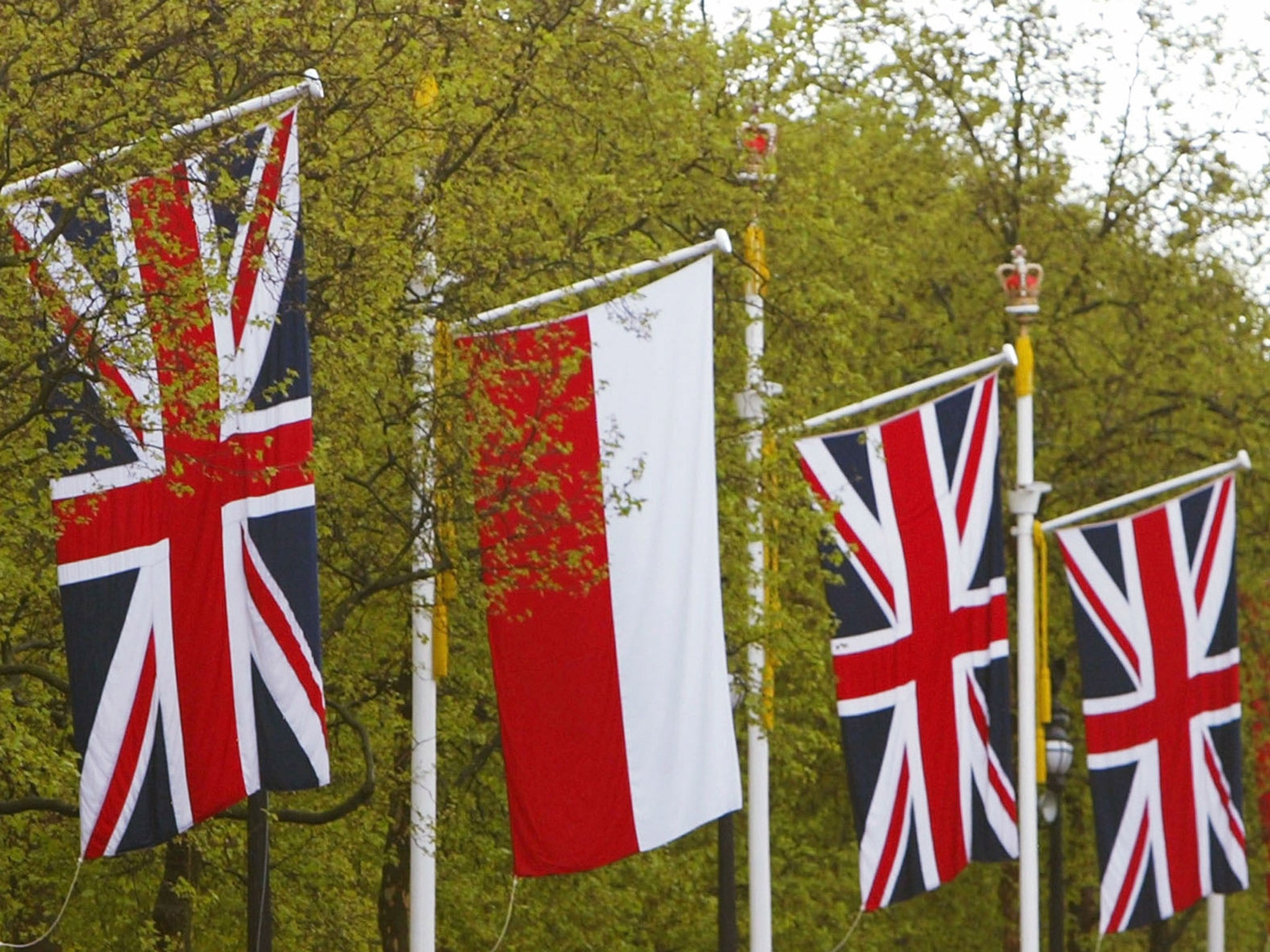David Cameron faces strong resistance in Poland over EU migrant benefit limits
With 850,000 Polish nationals in the UK, Poland's govnerment has made clear it regards the issue as a 'red line'

Your support helps us to tell the story
From reproductive rights to climate change to Big Tech, The Independent is on the ground when the story is developing. Whether it's investigating the financials of Elon Musk's pro-Trump PAC or producing our latest documentary, 'The A Word', which shines a light on the American women fighting for reproductive rights, we know how important it is to parse out the facts from the messaging.
At such a critical moment in US history, we need reporters on the ground. Your donation allows us to keep sending journalists to speak to both sides of the story.
The Independent is trusted by Americans across the entire political spectrum. And unlike many other quality news outlets, we choose not to lock Americans out of our reporting and analysis with paywalls. We believe quality journalism should be available to everyone, paid for by those who can afford it.
Your support makes all the difference.David Cameron will encounter strong resistance in Poland to his demands for a four-year curb on European Union citizens receiving benefits.
The new right-wing government in Warsaw shares the Conservatives’ Eurosceptic instincts and will support many of his demands to repatriate powers from Brussels to Britain.
But with 850,000 Polish nationals living in the UK, it has made clear it regards the issue as a “red line” in the negotiations over Britain’s relationship with EU.
Mr Cameron will meet the Polish President and Prime Minister in the latest stage of his diplomatic drive to win agreement over his reform demands ahead of his promised referendum on EU membership.
He held talks in Romania before flying to Warsaw tonight for a working dinner with Polish ministers and officials.
Mr Cameron argues that a four-year ban on EU citizens receiving in-work benefits such as tax credits would reduce the “pull-factor” to Britain and help cut immigration levels.
But many EU leaders regard his proposal as discriminatory and violating the principle of freedom of movement.
One alternative being discussed in Brussels is to offer an “emergency brake” to Britain. Under this plan, nations would be able to impose temporary block on new arrivals from other EU member states if there was evidence that public services such as schools and hospitals were being overwhelmed.
Downing Street reacted coolly to the proposal, insisting that Mr Cameron stood by his four-year demand.
“We have seen lots of ideas like this,” a spokesman said. “The Prime Minister has been very clear what our demands are.”
In a statement following his meeting with President Klaus Iohannis of Romania, Mr Cameron said: “Net migration in the UK is running at well over 300,000 a year and that is not sustainable.
“So we do need to find ways to allow member states to make changes to their social security systems that will help them to deal with this issue.”
Mr Cameron has abandoned hopes of securing a deal at next week’s EU summit and Donald Tusk, the president of the European Council, has set a target of February for an agreement.
In the Commons, Angela Eagle, the shadow Business Secretary, quoted a comment from Mr Tusk that uncertainty over Britain’s future in the EU was a “destabilising factor”. She challenged George Osborne: “He’s right – isn’t he?”
The Chancellor retorted: “Since the Conservative Party announced its policy on the referendum we have received the lion’s share of investment into Europe.”
Labour peers have confirmed they would mount a fresh attempt next week to allow 16 and 17 year olds to take part in the referendum.
A vote in the Lords to lower the voting age was overturned by MPs two days ago amid a ruling by the Speaker that the Commons should get its way on the issue because the move carried a financial cost.
Labour insist the new proposal would have negligible cost impact as it would simply involve telling young people already on the register they would have a one-off vote before their 18th birthday.
Join our commenting forum
Join thought-provoking conversations, follow other Independent readers and see their replies
Comments